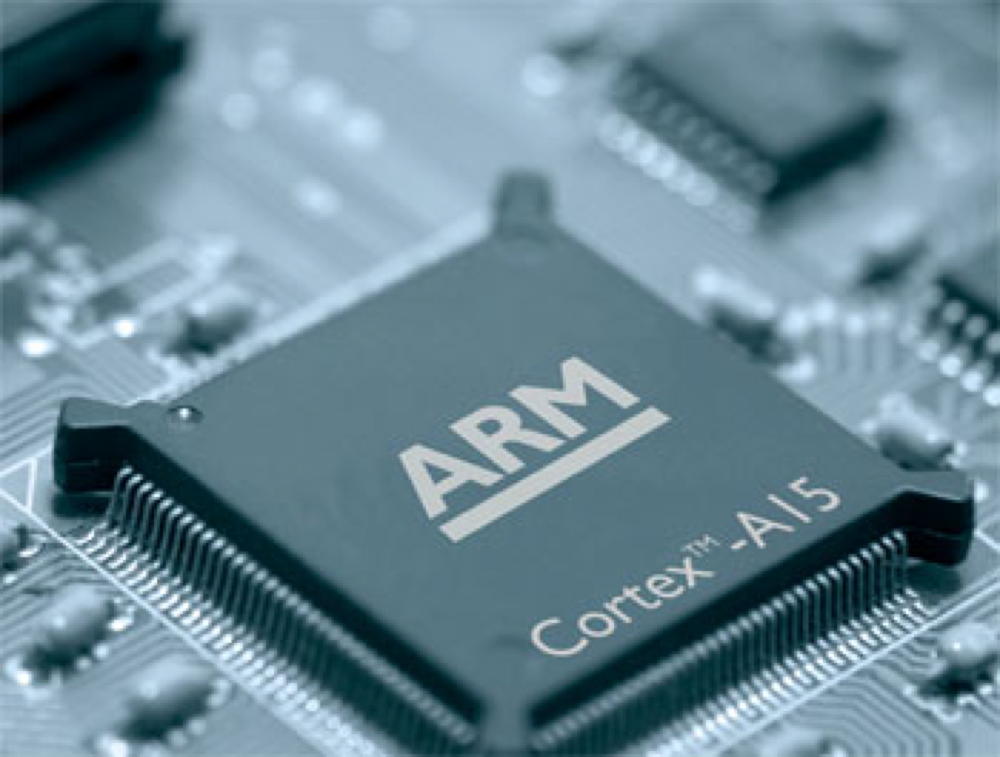[ad_1]
Google Cloud signs up Spotify, Paramount Global as early customers of its first ARM-based cloud CPUs, as AI drives skyrocketing power costs
Google Cloud said Spotify and Paramount Global are amongst the first major customers using a new data centre processing chip it designed using ARM technology.
The company announced the Axion chip in April of this year, its first ARM-based central processing unit, alongside ARM-based Tensor Processing Units (TPUs) that it has been using since 2015.
Axion competes with Intel and AMD CPUs, but uses far less power – a key concern as companies build out data centres for electricity-hungry AI applications.
Amazon and Microsoft have also developed ARM-based CPUs that they offer to developers via their cloud infrastructure, while start-up Ampere Computing is selling such chips to Oracle’s cloud unit.

Power efficiency
Google said its chip is about 60 percent more efficient than conventional counterparts.
The power saved can be used to drive resource-intensive tasks such as AI computing, the company said.
Before offering Axion to outside customers, Google used it internally to power applications such as YouTube ads, the Google Earth Engine and other services.
Google, Microsoft and Amazon have all reached deals aiming to use nuclear power to secure energy for their data centre needs.
When it introduced Axion, Google also announced a new generation of its TPU chips, which it uses to drive AI tasks.
Intel and AMD have both introduced AI-focused accelerators that aim to compete with those from market leader Nvidia.
AI chips
Nvidia itself announced the next-generation “Blackwell” GPU platform earlier this year.
While ARM-based chips are currently installed alongside Nvidia chips, SoftBank, the majority owner of ARM, has plans for the company’s technology to drive AI chips that compete directly with those from Nvidia, the Financial Times reported this week.
SoftBank head Masayoshi Son wants to put ARM technology at the centre of a new network of data centres purpose-built to train and run AI systems, the report said.
ARM chief executive Rene Haas has not commented on the plans, but told a Bloomberg event last week: “All those AI workloads are going to run on Arm somewhere, somehow. That’s the reason we spend a lot of time talking to SoftBank about the future.”
[ad_2]
Source link


